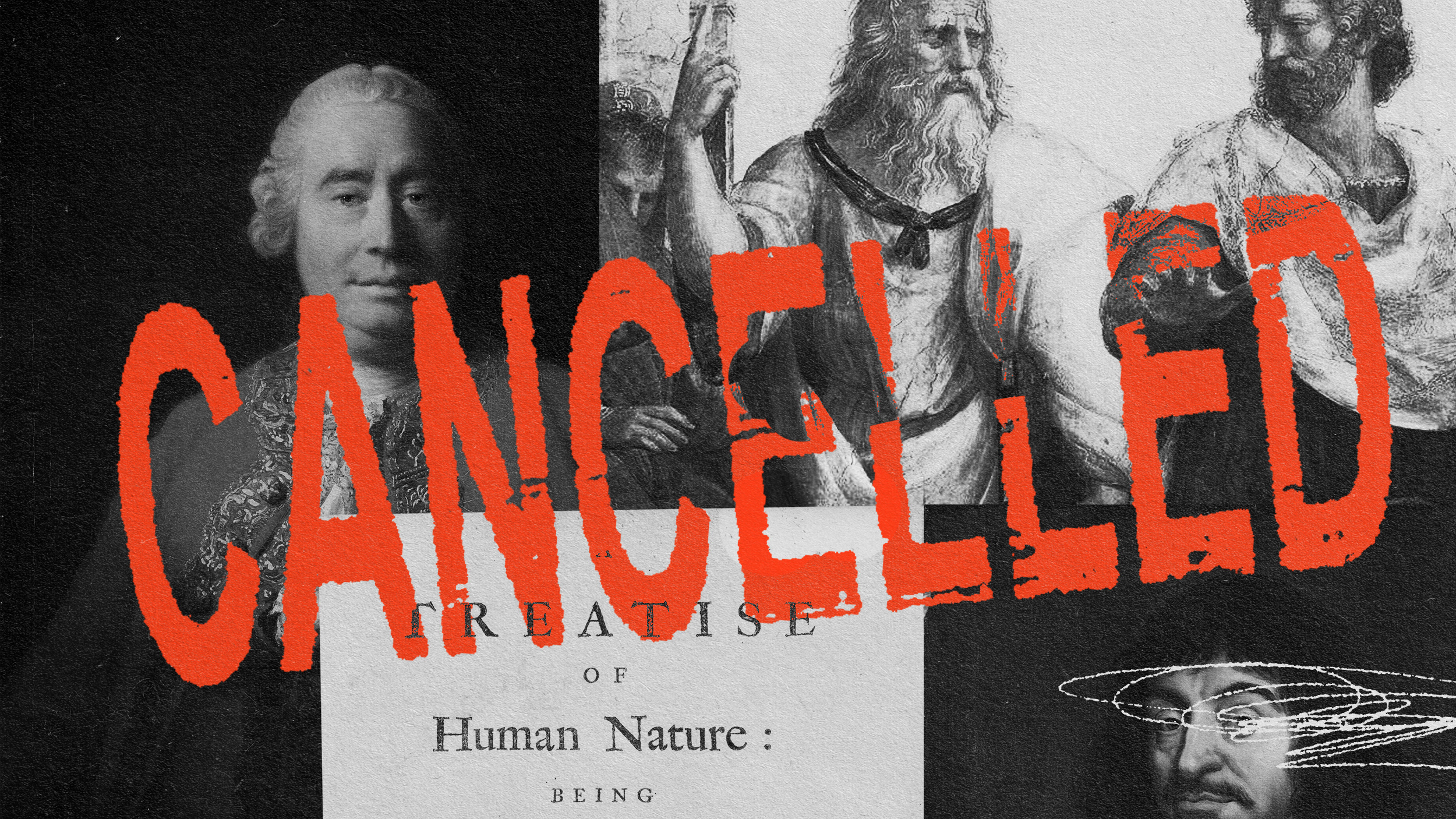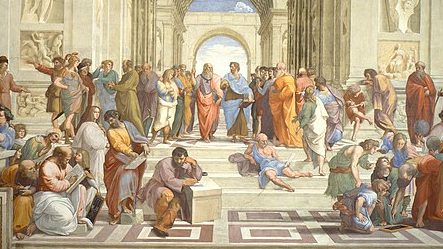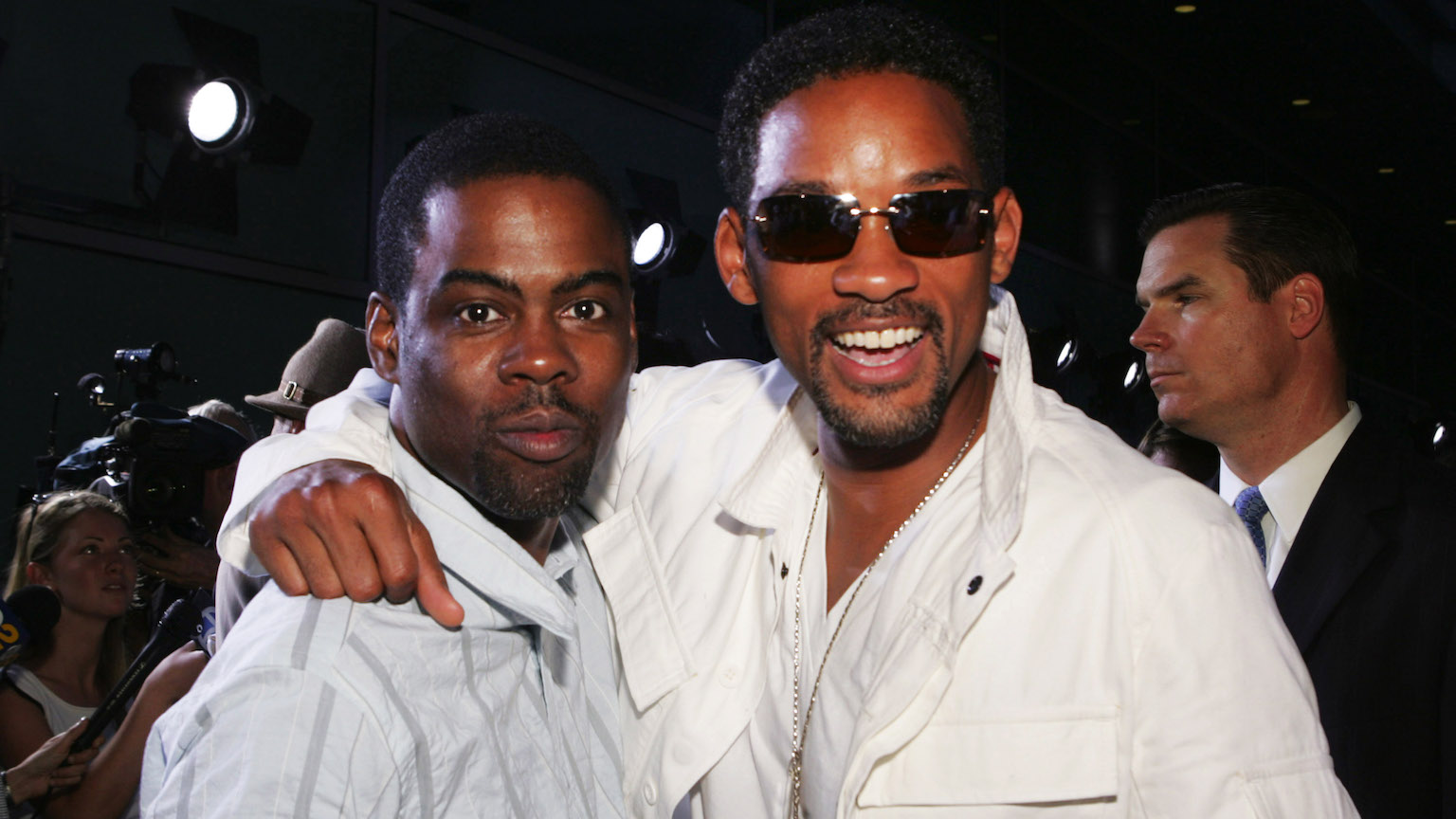Leadership lessons from 3 timeless philosophers

- Decisions on what leaders “ought to do” ultimately come down to ethics — the study of intrinsic reasons for action.
- Bentham’s utilitarianism asks of any decision or strategy: will it create more benefits than costs overall?
- Kant’s deontology helps us consider duties arising from our relationship with particular others, while Aristotle’s theory of virtue is about our ethical relationship to our own self.
The first and most important question for any leader is: what ought I to do? Of course, a clear strategy can guide you in deciding what you ought to do. But which strategic objectives should you choose in the first place? And what means ought you to take to achieve your objectives? After all you can’t just kill a competitor even if that would mightily aid your strategic ends and there was no risk of getting caught.
Ultimately what we ought to do is a matter of ethics. Ethics can be understood as the study of intrinsic reasons for action. A strategy gives instrumental reasons for action: if you want to grow market share, then you ought to invest in better marketing. But ethical reasons are intrinsic. They tell you what you ought to care about and to do, full stop — whatever else we may want. The job of ethical theory is to explain what intrinsic reasons there are, where they come from, and how they can guide us in difficult decisions.
Unfortunately, in ethics— as in physics — we have no grand unified theory. Instead, there are at least three fundamental forms of ethical reason that inform what we ought to do, and they do not always fit perfectly together. These fundamental forms of reason have been investigated by three of the greatest moral philosophers — Bentham, Kant and Aristotle — and their theories provide invaluable and practical lessons for leaders today.
Jeremy Bentham and maximizing the good
Bentham is the father of utilitarianism, an ethical theory whose power lies in its simplicity. In utilitarianism there is but one ethical obligation: to maximize net aggregate welfare, or in Bentham’s words to ensure “the greatest happiness of the greatest number.” Bentham understood happiness as pleasure and the avoidance of pain, but modern versions of utilitarianism employ richer notions of welfare that include life goals beyond the mere experiencing of pleasure.
In either case, the reasoning behind utilitarianism is elegant and forceful. We all have reasons to want our own lives to go well — to enjoy health, long life, rewarding work, and rich relationships. But the principle of equality forces us to accept that from an impartial standpoint all lives matter equally. Therefore, we should act to enable as many as possible to lead a good life. A society based on utilitarian principles will in turn create the statistically greatest chance that our own life will go well, so it also taps into self-interested instrumental reasons.

For a leader, utilitarianism provides many useful resources. An important test to apply to any decision or strategy is: will it create more benefits than costs overall? If not, then probably you should not be doing it. There are whole industries that may be at risk of failing the utilitarian test, for example illegal narcotics, tobacco and possibly also some models of social media and processed food.
More positively, utilitarianism informs purpose. Successful companies tend to be based around a powerful vision of the benefits that they can bring to the world. Utilitarianism thus taps into this deepest motivational purpose of business.
But utilitarianism is also a difference concept — we must always consider the unintended harms and risks of our action. A utilitarian will ask: what are the externality costs, for example pollution and carbon emissions, of a decision? Might this product be used by bad actors to create harm? Does a policy create perverse incentives for others to do harm? These second order consequences are all important parts of the great utilitarian calculus.
Immanuel Kant and doing what is right
Utilitarianism is powerful, but it can’t be a complete theory of ethics. To see this consider a hypothetical case in which you could save five sick people by killing one healthy person and transplanting their organs into the five. Would that be permissible? For a dedicated utilitarian, clearly yes — you are killing one to save five and that creates net overall welfare. But most reflective people will answer no: to do so would violate a profoundly important duty we owe to the one.
Utilitarianism is a theory of ethics based on our duty create net benefit for the world as a whole. But the transplant case and others like it point to something different — the powerful duties we owe to particular other people and groups that frame and temper our obligation to the world as a whole. Once we understand this difference we can start to see specific duties everywhere. For example, we owe a special duty to shareholders which means that sometimes we must prioritize profit over maximizing the general welfare — businesses are not charities. We owe duties of care to employees and to customers. There are special duties arising from the need to ensure fair outcomes and sometimes we have a duty to compensate people we have wronged in the past.
If a decision you take will cause harm ask yourself: are you using the person or group affected as a mere means to some end?
But what are these duties and where do they come from? After all, in cases like the transplant example, they can prevent us from bringing about the greatest overall good. Immanuel Kant, the German enlightenment thinker, is one of the greatest of all philosophers. His theory of ethics, called deontology, provides a powerful explanation for at least some of these special duties. For Kant many duties are rooted in the fact that persons are “ends in themselves.” Simple objects like stones or buildings can be used as we see fit as means to whatever ends we may have. But persons are not like this. Persons have free will and therefore have their own projects and ends. We have a fundamental duty to recognize this special status in the way we treat them. This is summed up in his famous dictum that we must treat other people “never merely as a means to an end, but always at the same time as an end.”
This sounds abstract, but it has very practical consequences for some of the most difficult ethical decisions we can face. When I worked with military commanders on targeting we applied exactly this test. We might have to decide, for example, on whether to launch a drone strike on an insurgent known to be planning a terror attack while he is sleeping next to his spouse at night. The spouse is just as innocent as the healthy person in the transplant case. Why might it be permissible to kill one but not the other when the lives of others are at stake? Kant helps us to understand. In the transplant case we intend to use the healthy person as a means to saving the five sick — we literally make use of his organs. But the drone strike does not make use of the spouse in the same way. We foresee the strike will kill her, but we do not make use of her death. This makes a difference ethically — one is a violation of duties the other is not.
Business leaders thankfully do not normally need to make life or death decisions, but the test has general validity. If a decision you take will cause harm ask yourself: are you using the person or group affected as a mere means to some end? If so, you should think carefully about whether that decision is right.
Aristotle and fitting with virtue
If utilitarianism is about our relationship to the world as a whole and deontology is about duties arising from our relationship with particular others (either persons or groups), then Aristotle’s theory of virtue is about our ethical relationship to our own self. For Aristotle a virtue is a trait of the character or self without which it is impossible to lead a good life and achieve “eudaimonia” — the Greek word means happiness and true well-being. Important virtues include courage, temperance, proper ambition, truthfulness and friendliness. Aristotle noticed that many virtues are a middle point, or as he put it a “golden mean,” between two competing vices.
For example, courage is the balance between the vice of cowardice (having too much fear) and recklessness (too little fear) when facing danger. Virtues for Aristotle are habits of mind or dispositions that must be practiced by repeatedly undertaking virtuous actions. Conversely doing bad actions builds vice. Just like a muscle, virtues must be actively developed, trained, and maintained to stay healthy.
Organizations can also have virtues and vices. The virtues that an organization has (or thinks it has) are articulated in its statement of values. Values define the virtues we aspire to live by, and they can provide a practical guide to action through a test of fittingness: does this action fit with who I want to be as a leader and with what we want to be as an organization?
The virtues have a critical role because in real life we will not be able to do what is good for the world or right for others unless we possess active virtues like courage, truthfulness, and ambition.
The virtues have a critical role because in real life we will not be able to do what is good for the world or right for others unless we possess active virtues like courage, truthfulness, and ambition. Virtues are like general ethical enablers. But virtue might also lead us astray in some circumstances — think of a Nazi soldier who commits genuine acts of courage in service of an evil ideology. This is another example of how the three fundamental ethical domains do not always fit perfectly together (though note this can only happen if courage is isolated from other virtues like empathy and moral imagination).
A final lesson from Aristotle is that leaders must actively work to develop and maintain the virtues. Who you bring into the organization, what you reward, and the opportunities you create for shared reflection all have an impact on the virtue of your people.
World, other, and self. These are the three domains that guide what we ought to do. Bentham, Kant and Aristotle penetrated deeply into these domains and their theories can guide us today. When faced with a difficult decision ask these three questions: Is it good for the world? Is it right by others? Is it fitting with the self you aspire to be?





